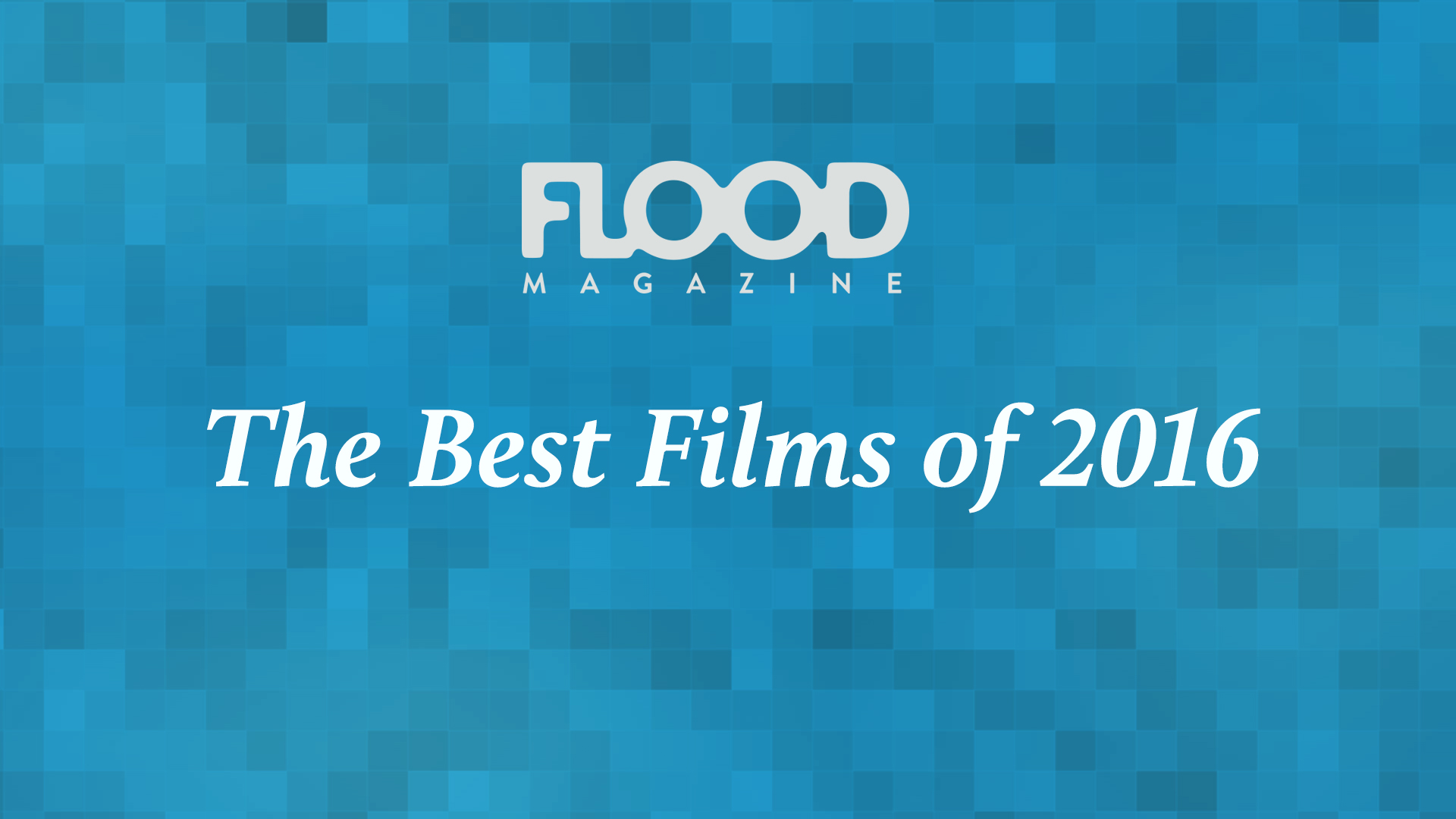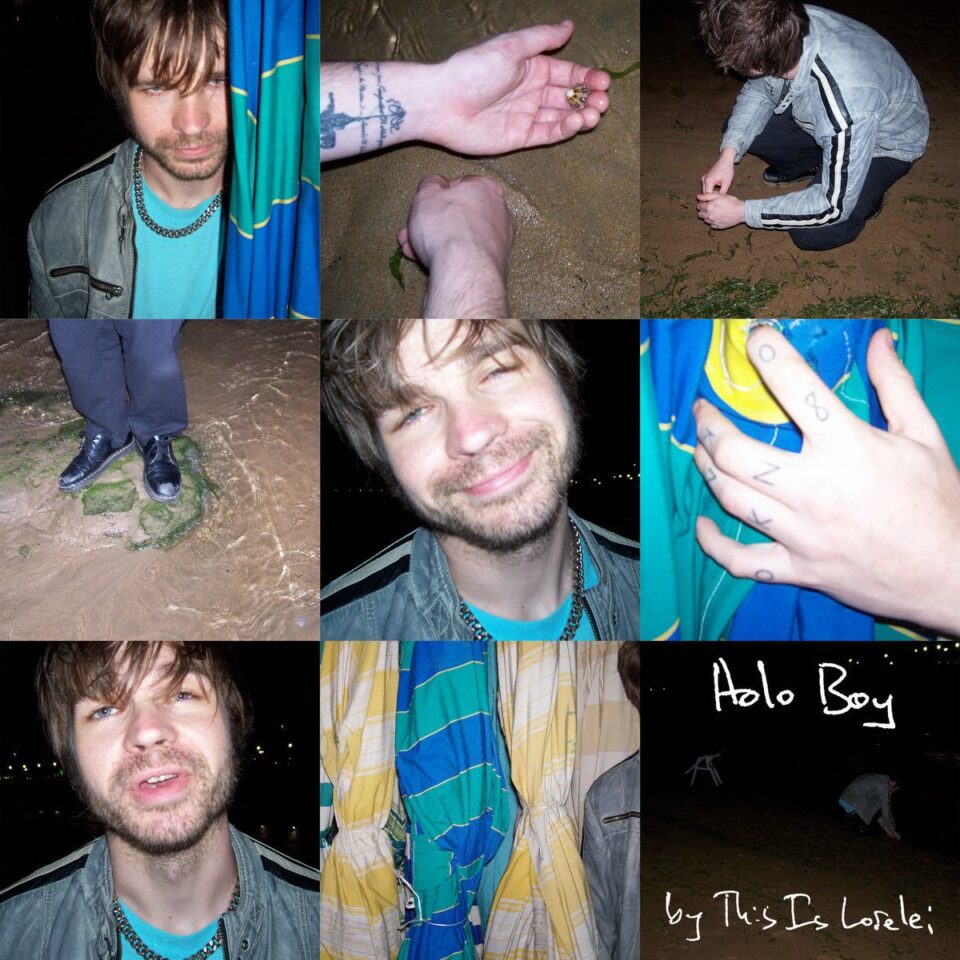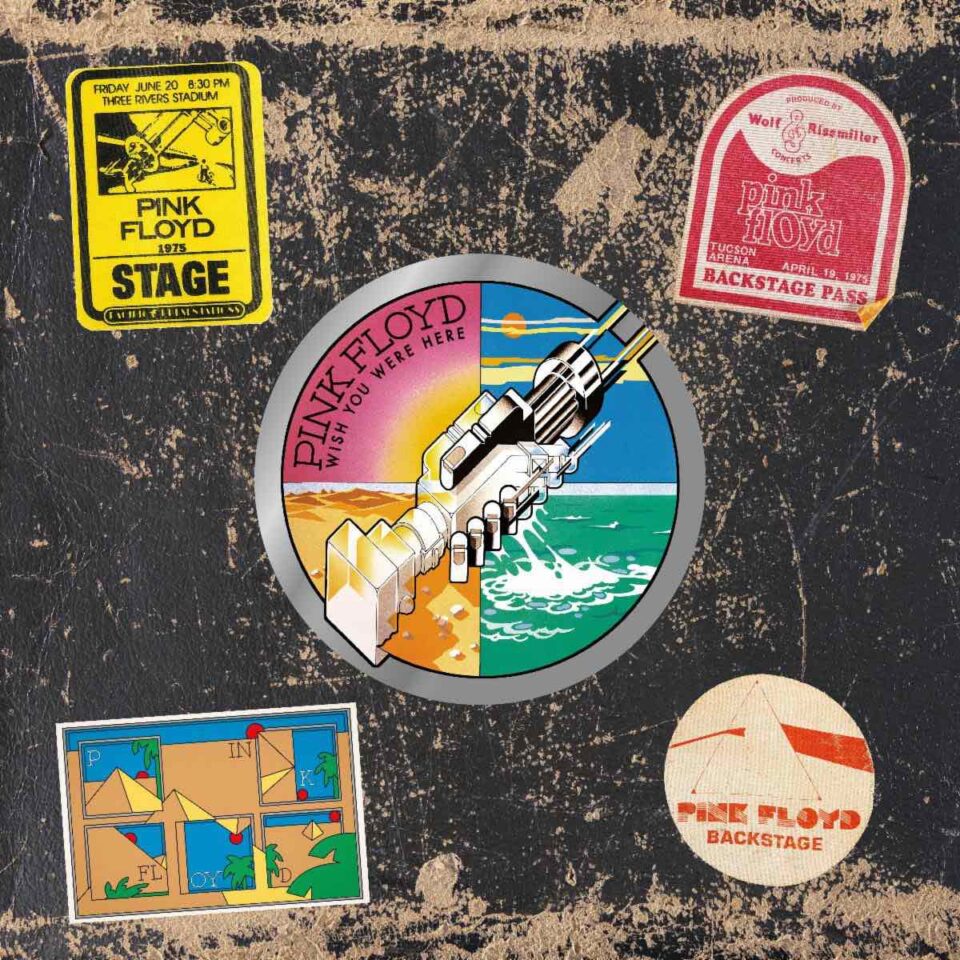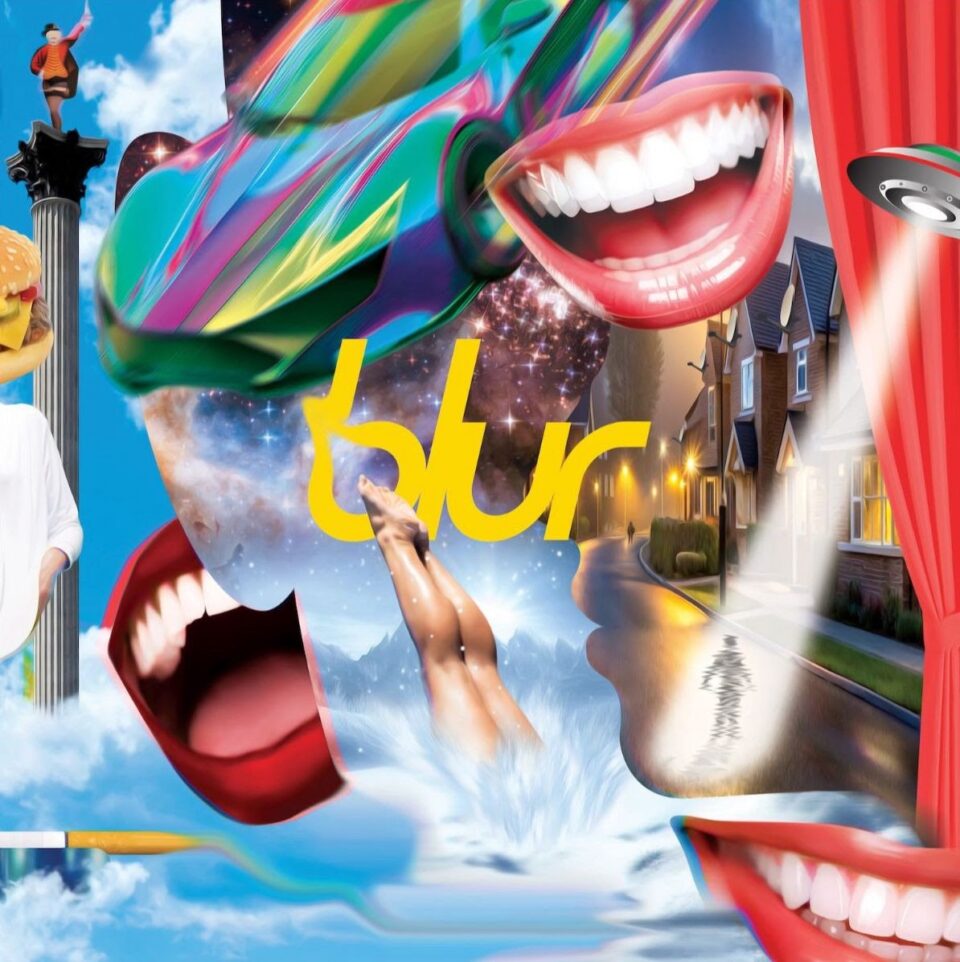All year long, indie movies went from defense to offense against the assembly-line onslaught of studio emptiness. The best of the year fought to survive, aggressively hooked attention, and drilled messages into viewers they wouldn’t soon shake. The cliches of quiet, contemplative indies and gentle dramas may be at an end; these smaller stories are fraught with anger, filled with darkness, and will not hesitate to escalate situations past the point of no return. Searching for a partner and bonding with estranged family come with loss of life and limb. Stories of encountering aliens and embracing sexual identity depict living day-to-day life as an act of unspeakable burden and therefore heroism.
But if they’re unflinching and unafraid, it’s from a place of respect for the audience’s intelligence. We know we can take it—that we’re made of strong, thoughtful stuff. Some studio films this year took risks, too, and not always with reward. A Disney film that could have fallen back on cute animal designs reached surprising heights of social awareness and advised young viewers to question authority and media; a star-studded showbiz comedy remarked brutally on the world trading its soul for capitalism; and a well-meaning remake became a target of grotesque outrage for daring to feature women in a role once played by men, acting as a litmus test for the country’s sexism even while the film itself barely commented on it. The cynical calculation of a typical studio film can feel like an endurance test; these films gambled on commentary and mirrored society—good and bad—as a result.
We once counted on films for escape, but as the world turns, so do its reflections. These films push us. Lucky for us, they push us forward. — Eric Stolze
Arrival
While Westworld—2016’s other sci-fi blockbuster—uses multiple timelines to obfuscate and confuse, modern classic Arrival uses them to convey emotional weight. Adapted from a short story by author Ted Chiang, expertly directed by Denis Villeneuve, and propelled by a nuanced performance from Amy Adams, Arrival subverts alien invasion tension and uses it to make clear the importance and beauty of direct communication. — Jason P. Woodbury
This movie has everything going for it except the one thing that killed it: its title. (Even Dazed and Confused 2: A Spiritual Sequel from a Director Who No Longer Has Anything to Prove would have been an improvement.) But 20/20 hindsight aside, Richard Linklater writes the best dialogue in the business for some of the most believable characters in years, and this is yet another easy-going, easy-listening gem. — Daniel Harmon
Fuck the haters: this year’s Ghostbusters reboot is so good that it made Ghostbusters II look like Godfather III. Paul Feig’s inspired gender-flipping script gives new life to the dusty enterprise and, as usual in a Feig film, his cast of heroically hysterical actresses knocks the rest out of the park. Here’s hoping a Feig-helmed Ghostbusters sequel will make Rocky IV look like Leonard Part 6. — Pat McGuire
I’m not sure if this movie’s increasing relevance makes me want to return to it more or less, but I know that when I do go back, I’ll find new things to admire. And not only because I won’t have to watch through my hands this time around, but also because Jeremy Saulnier’s siege thriller indulges in ideas even as it indulges in genre and gore. It’s the thinking man’s Deliverance, and in a year of fantastic horror/thrillers, this is the standout. — Daniel Harmon
Call it a passion project: the Coen Brothers have been hinting at this film for years, and it arrived with a take on Hollywood’s golden age that’s plenty sardonic, but it also reveals a level of warmth that Barton Fink never mustered. Each of the movies-within-the-movie are handled with care, but what holds it together is the stoicism of Josh Brolin’s big-shot executive, who becomes a suffering servant on behalf of the fools and fuck-ups in his orbit. The Coens may never make a movie that’s as close to this one to being a biblical epic—and really, they don’t need to. — Josh Hurst
Jackie
First ladies are largely viewed as political accessories by society at large. While some have used the position to work for change—Eleanor Roosevelt, Barbara Bush, Hillary Clinton, and Michelle Obama all come to mind—their utility in the minds of the public has almost always been limited to the ways in which they might illuminate their more-powerful husbands. Pablo Larraín’s Jackie confronts such a misreading head-on, presenting Mrs. Kennedy as a sharp-witted political mind, a complex woman who was keenly attuned to the machinations of the country and especially the media. Natalie Portman shows Kennedy expertly manipulating both to her own ends despite being pushed to her emotional limits in mourning—both for her husband and for the Camelot culture that she’d actively helped to build. — Marty Sartini Garner
Darkly funny, conceptually daring, and startlingly cruel, The Lobster is a take on courtship that we’ve never seen before, and yet it’s still utterly relatable. Set in an absurdist culture where people must either couple up or be transformed into animals, director/co-writer Yorgos Lanthimos’s film sets a hilariously deadpan tone and prompts excellent performances from an excellent cast—particularly Colin Farrell and Rachel Weisz, whose ultimate fate proves a Rorschach test that reveals nothing of plot and everything about the viewer’s worldview. The Lobster has tender meat at its core, if you can get past the hard shell…and the claws. — Eric Stolze
Manchester By the Sea
One has every right to be a little wary of a certain dramatic strategy used in Kenneth Lonergan’s Manchester by the Sea—because “strategy” is the best way to describe it. But the way this film ultimately puts the spirit of working class Catholicism into every molecule of its Massachusetts milieu transcends its calculating narrative structure and makes for something truly singular; it elevates an intimate story of familial loss, guilt, and redemption and puts it in a context that broadly and movingly comes to represent an entire, very specifically defined societal culture. More so even than Lonergan’s previous film Margaret, Manchester is a precise evocation of its time and place. — Sam C. Mac
Moonlight
In a tumultuous and violent era, Moonlight feels almost revolutionary, thanks to the quiet grace and loving certainty at its core. From its gorgeous cinematography and stirring use of unexpected musical cues to the careful craftsmanship of writer-director Barry Jenkins, this quiet film’s small scale feels large, resonant, and universally profound. It’s the story of a young black man growing up and acknowledging his sexuality in a Miami intent on making it difficult to do that very thing; it’s also a film about anyone, anywhere, who was ever afraid to bring a piece of themselves out of hiding and into the light. — Eric Stolze
Zootopia
While Pixar continued their march toward diminishing returns, the year’s truly magical computer-animated movie came seemingly out of nowhere with a vision of the animal kingdom that’s as deep and persuasive as the world-building in Toy Story or WALL·E. It’s roaringly funny without stooping to the pop culture in-jokes or manic sidekicks that you find in, say, The Secret Life of Pets, and it’s got some of the best voice-over casting in recent memory. The best part is its deft handling of empathy and inclusion in an age of fear-mongering and bullying; those are principles on which our collective future hangs, so where better to share them than in a kids’ movie? — Josh Hurst







